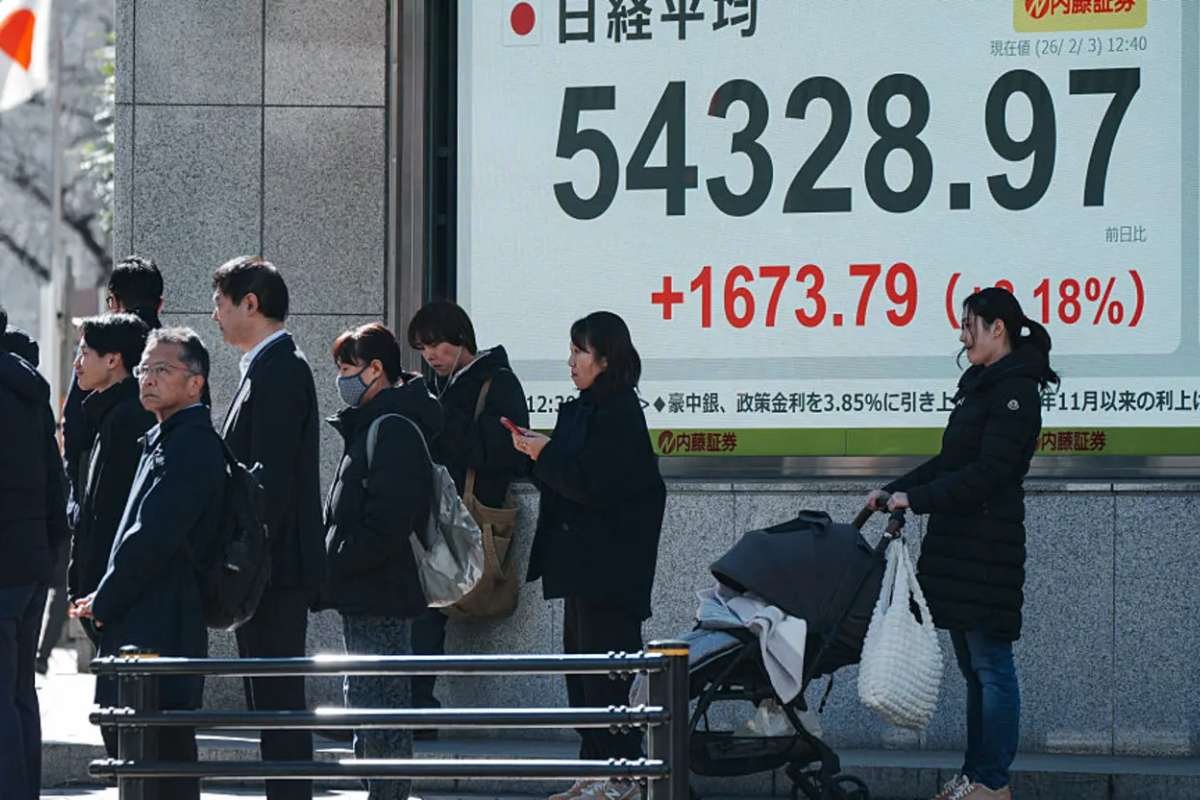SK Hynix Inc., a key supplier for Nvidia, posted stronger-than-anticipated earnings for the first quarter of 2025, largely driven by rising global demand for AI technologies and concerns over potential trade disruptions. The South Korean chipmaker reported an operating income of 7.44 trillion won ($5.2 billion), surpassing market expectations of 6.6 trillion won. Revenue also rose to 17.64 trillion won, marking the second-highest quarterly revenue in the company’s history—only slightly behind the record-breaking figures from the previous quarter.
The strong performance underscores SK Hynix’s critical role in the artificial intelligence supply chain, particularly through its high-bandwidth memory (HBM) products, which are essential for powering Nvidia’s AI accelerators. These chips are integral to training complex AI models used in data centers worldwide. The company reaffirmed its projection that demand for HBM will double in 2025 compared to the previous year.
Stockpiling Driven by Trade Concerns
One of the key drivers behind the earnings surge was the global scramble to secure semiconductors amid mounting fears over U.S. tariffs and shifting trade dynamics. Companies across various sectors, concerned about possible disruptions, have been stockpiling memory chips used in personal computers, smartphones, and data centers.
While SK Hynix’s strong results point to robust demand, the firm also acknowledged growing concerns over geopolitical instability. The company warned of increasing volatility and uncertainty stemming from trade policy decisions, especially those initiated by the U.S. government. These concerns are echoed by analysts who caution that ongoing trade tensions could impact the broader tech industry, particularly if protectionist measures escalate or if global supply chains face prolonged disruption.
Market Reactions and Future Risks
Despite the impressive financial performance, SK Hynix’s stock has gained only about 4% since the beginning of the year. This muted market response reflects broader concerns about the long-term profitability of AI technologies and fears of a possible global recession triggered by intensifying trade disputes. The emergence of low-cost AI models from competitors like DeepSeek has also led investors to reassess the sustainability of current AI-driven growth trends.
Morgan Stanley analysts, in a note to investors, likened the threat posed by tariffs to an iceberg—emphasizing that while the visible impact may seem manageable, the real economic danger lies beneath the surface. They warned that any significant slowdown in AI investment or a broader economic downturn could sharply reduce demand for memory chips, potentially reversing the gains made over the past two years.
As the global tech landscape navigates this delicate balance between innovation and international uncertainty, SK Hynix remains a bellwether for the health of both the semiconductor industry and the AI revolution. The company’s ability to maintain momentum amid such challenges will likely be a key indicator of the sector’s resilience moving forward.


















